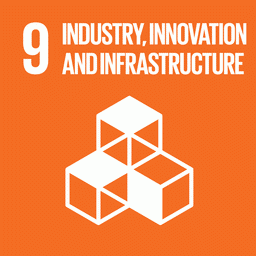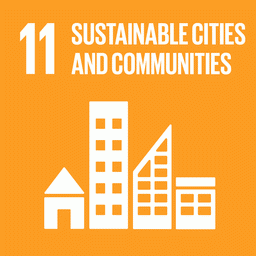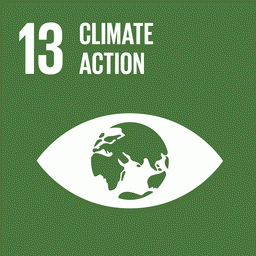A pioneering study in this format seeks to structure bioindustry models in the Legal Amazon to foster the regional bioeconomy. The initiative is the result of technical cooperation between IPAM (Amazon Environmental Research Institute) and ABDI (Brazilian Industrial Development Agency), signed in 2024.
Now underway, the project seeks to consolidate a concept that is still under development and to provide input for the creation of public policies that promote sustainable industrialization in line with the realities of the Amazon territory.
The research relies on a robust survey and the organization of Big Data, including secondary data, the application of questionnaires and active monitoring of bioeconomy ventures and new businesses, as well as strategic events linked to the sustainable development agenda in the region.
“The bioeconomy has the potential to consolidate itself as a vector for sustainable development in the Legal Amazon, provided it is supported by public policies that recognize the region’s socio-cultural and environmental assets. The construction of political and programmatic arrangements between different levels of government is fundamental to creating the enabling conditions for its implementation. From this base, it is possible to structure normative, fiscal and financial instruments that strengthen sustainable production chains, value local knowledge and attract investments committed to forest conservation and the well-being of Amazonian populations,” says Gabriela Savian, IPAM’s Director of Public Policy.
The analyses will provide input for drawing up public policies that include an industrialization model compatible with the singularities of the Amazon territory, proposing that economic development be in synergy with the environment and the social well-being of local populations.
To this end, Amazonian researchers distributed throughout the nine states that make up the Legal Amazon add capillarity that allows for an in-depth analysis of the nuances and potential of each location, ensuring that the proposals are effective.
“Over the last few months, we have consolidated a solid knowledge base on the enterprises and production chains linked to the bioindustry in the Legal Amazon. The work combines analysis of secondary data, cross-referencing of sector information and a primary survey carried out directly with productive actors in the territories,” says Rafaela Costa, IPAM researcher and project coordinator.
The study will be presented during the event “Bioeconomies of the Amazon: Scaling a Just and Sustainable Transition”, promoted by Semas (Pará’s Secretariat for the Environment, Climate and Sustainability), with the support of IPAM and other strategic partners.
The presentation will take place on the panel ‘Bioeconomy in Data’, on Wednesday (16), at 10:30 am, in the amphitheater of Espaço São José Liberto, in Belém (PA). The program is part of Amazon Climate Week, a collaborative initiative by civil society and the private sector aimed at promoting concrete solutions to the region’s environmental, social and cultural challenges.
“The panel will be an opportunity to share some of these findings and show how they can guide public policies and strategic decisions aimed at the scalability and valorization of the Amazon bioeconomy,” says Costa.


